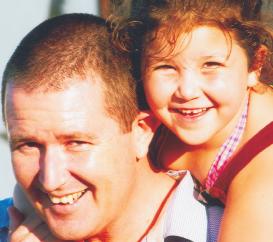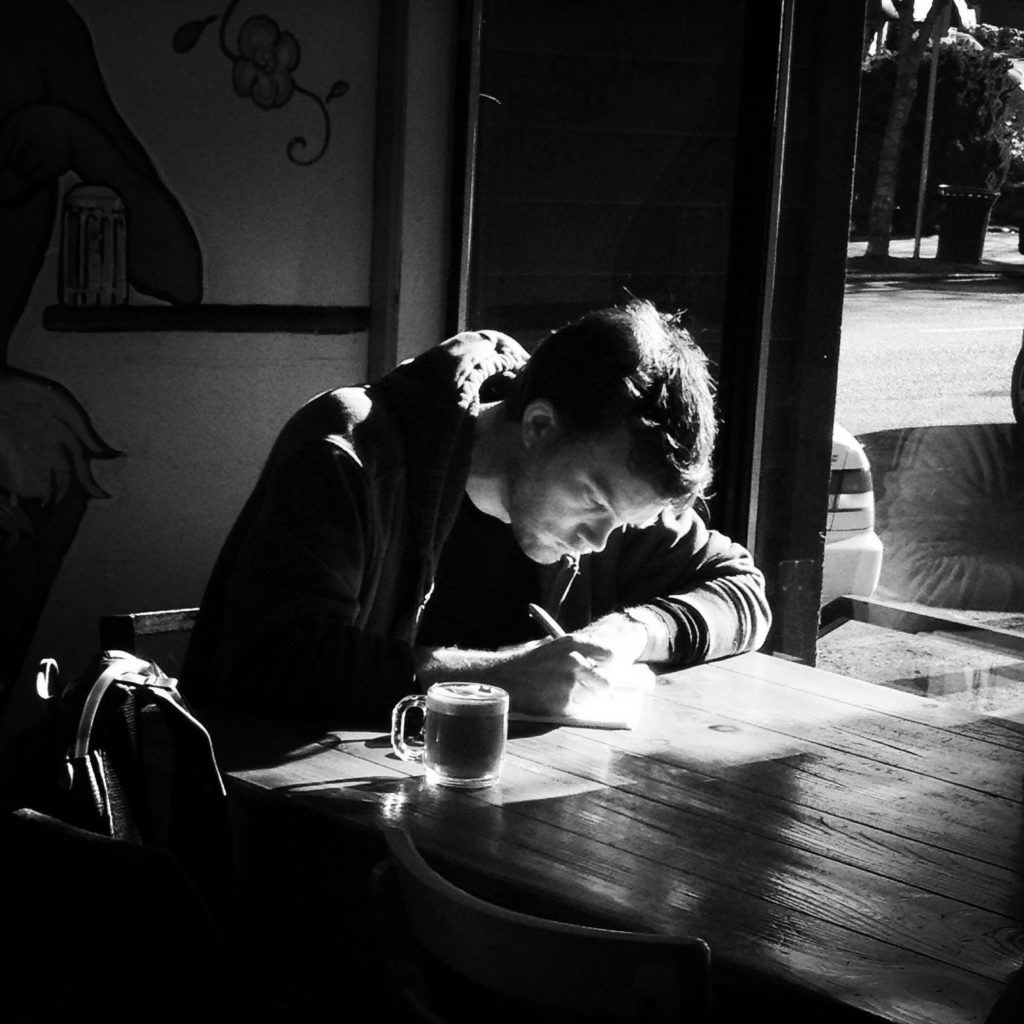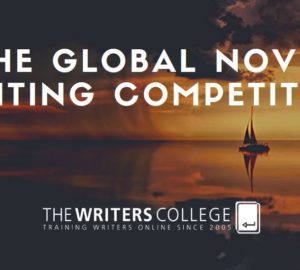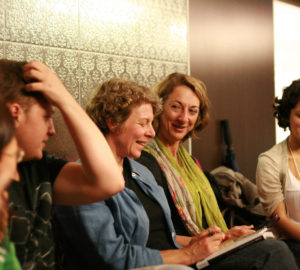I will never forget my first published poem.
Well ‘published’ may be a loosely applied term, but it was certainly visible to anyone who happened to walk past the passenger-side door of my Father’s brand new Kombi.
If you were there in our street on my 7th birthday, you would have seen, scratched into the shiny green duco, evidence of my first excursion into total, passionate honesty:
I KIST EMILI SMITHIRS.
Sadly, my creative expression of beautiful, abandoned joy did not enthrall my Father as much as drive him into an apoplexy. A tender rump as well as a bruised muse ensured I did not venture into such blatant straightforwardness ever again.
Thus when Mary Holroyd became jealous and gave me a Chinese Bangle, I did not follow my instincts and write on her Dad’s car MERI IS A STINKI POO. At the age of seven I had realized, painfully, that honesty is not always the best policy. Also Mary had the undisputed talent of being able to crack Pecan Nuts in the door jamb of her bedroom. I know. I watched. Never again would I tempt fate with such unadulterated naivety.
But my poetry ever since then still hankers after the traces of that primal first experience, the release of speaking your mind and heart into a waiting, eagerly listening universe. All of my writing since that day has sought to mine that deep seam of pure ecstasy, the engaging of the most private part of me, the Writer, with the most intimate part of you, the Reader. Maybe all of this seems terribly Freudian, but listen to Morris Zapp, the outrageously randy southern Californian Literary Theorist, in David Lodge’s novel, Small World (1984):
Gazing into the womb we are returned to the mystery of our own origins. Just so with reading.
And might I venture to add that in writing, we budding authors return to the mystery of our own origins as well?
The other night, after suffering a month-long case of writer’s block, I returned to the inspiring vulnerability of my heartfelt childhood profession of love. What indeed could be more impassioned than that bare statement of loyal affection? I KIST EMILI SMITHIRS has the innocent knowingness, the deep satisfaction that Madame Bovary lusted after. Robert Ludlum had nothing on my Emily for adrenalin rushes.
During the day I don’t write much in the creative line. Software Specifications and Requirements are the meat of my mornings, with afternoons diddled away on emails to clients in Atlanta or Kuala Lumpur who use the systems I test. But late at night, while everyone else is in bed, I can be found tapping away at the keys in search of that long lost pleasure. No, I’m not a porn man, nor a Facebook fanatic, and online gambling seems a terrible waste of precious time. In reality, it’s poetry that I seek, and in particular that one, perfect unity of man, keyboard and screen that wins, not the writing competition, but the girl!
As the week has passed, I’ve wondered what happened to Emily Smithers. Was her name really Emily? Was she just a figment of my childish imagination? Did we actually kiss? Was she the curly redhead with cute gold-rimmed glasses that I remember? Am I confusing her with Emma Whitehouse (you know, the Emma I gave my lucky-packet ring to at age 11 with the earnest injunction to marry me now, while we were still young enough to look after the kids)?
All of these images may be blurred, but the shocking, graphical immediacy of my signboard announcement, freshly etched with a fist-sized shard of Table Mountain Sandstone, stays with me. The tearing heat of a Chinese Bangle is also with me, as is the disgrace of corporal punishment. The fear of rejection is there too.
For years I wrestled with the voices. I hear them every time I write, asking honest and dull, or tweaked and interesting?
Take your pick, chap. D’you want readers or leavers? There is an element of fiction in all true poetry. Metaphor, hyperbole and oxymoron all evolve inexorably into liars. Imagination is the other world. To write is probably the closest we come to creating Real Magic. Make things appear. Make them disappear. Transport them. Alter their shape, size, colour, appearance. Ah yes, it’s an art. I like tweaking reality.
But as time has passed, I have always turned back from wild imagination to seek the Truthful Impulse. We writers have this need: to say what no-one else can. To lay bare our souls, in order that recognition and affirmation might work their wonderful way in our hearts. Let there be a germ of truth in that labyrinth, a seed of honesty in the fertile soil of our exaggeration. Fantasy is the extended limb, but the Source of the Poetic Impulse originates in the Heart.
So if one day at a cocktail party or wedding or funeral someone called Emily Smithers introduces herself over the canapés, check for the red curls and gold rims, and then mention, quite casually, that her ex-neighbour from Millwood Road with a green Kombi says a big Hi. Tell her I owe her a big thank you for the literary break.
About the Author

Although occasionally inhabiting an imaginary land beyond description, in reality he lives in Cape Town, South Africa, the next best thing in the chain of being.
Ross won the 2008 SA Writers College Short Story Competition.














